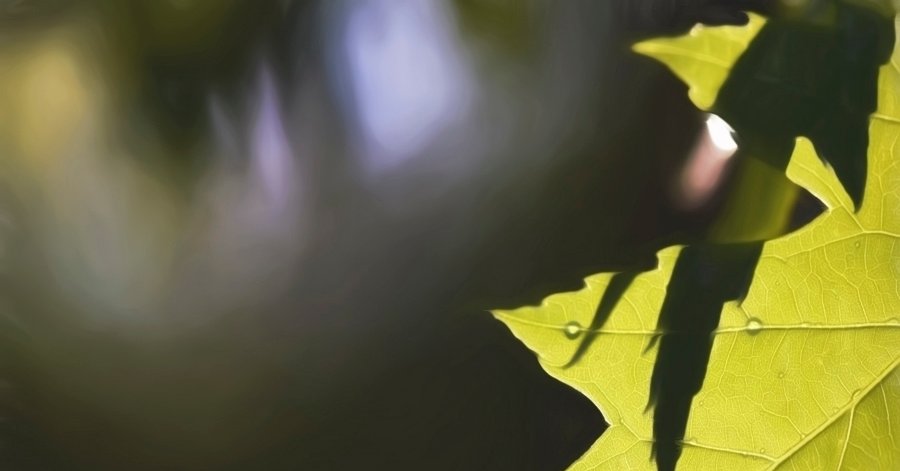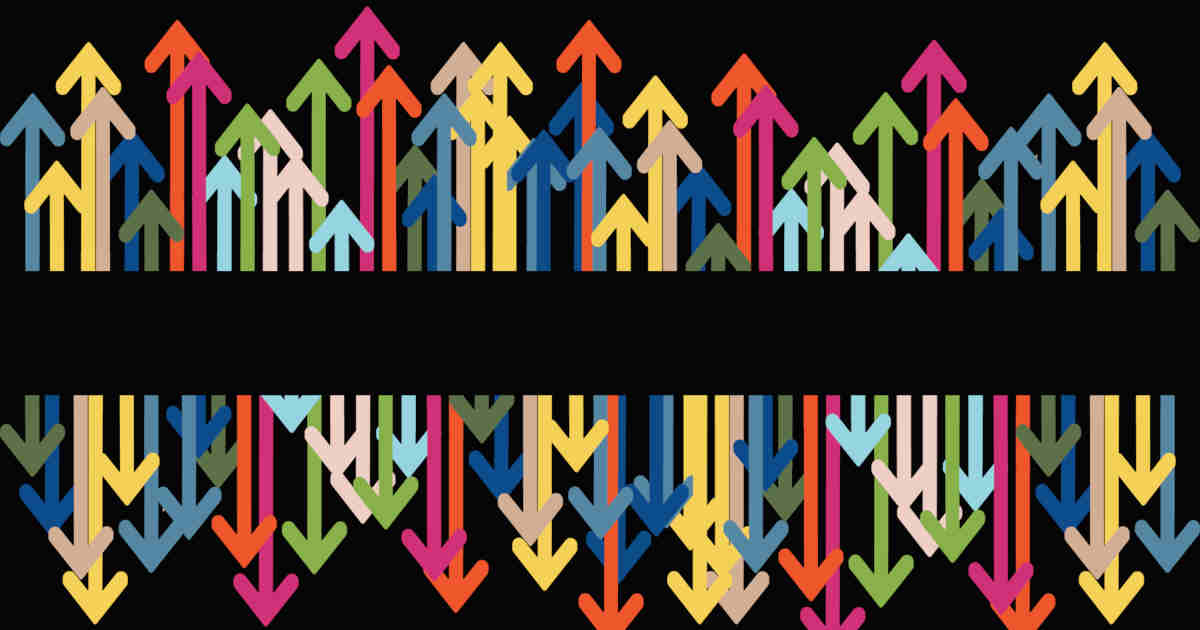Every summer, my wife and I visit my childhood friends, Bob and Norma. Bob lives on 25 acres of farmland near Grand Rapids, Michigan, which includes a small pond with the most delicious blue gills ever hatched. No hyperbole here. Bob spends all year catching, cleaning, and freezing the fish so that when we visit, he is prepared for a feast. Well, we are not the only beneficiaries of his generosity, but he does reserve a few packets just for us. In his specially prepared beer batter, he fries each tender fillet for the perfect amount of time and then serves them up with fresh red potatoes and pickles from his garden. No matter how many of these exquisite fish I consume, I just can’t stop. When I feel full, I still keep eating.
As an extra bonus for this culinary creation, my friend Cinny, with whom I’ve been best of friends for 79 years, also joins us. Yup, she was born in the house next door two weeks after I was, and we have been best buds ever since. There is no way I will ever feel that I have had enough of this friendship. It’s a day I look forward to all year—fish and friends at their finest.
So what does it mean to be full, and how do we know when to stop? Are 20 blue gills too much to consume in one setting? Can a friendship last for 100 years? The answers are: No, and I hope so.
I guess a good starting point is to decide what we want to fill ourselves with and to know when we have crossed the line. When we fill ourselves up with all the “right things” (Bob, Bluegills, and Cinny) life usually goes pretty well. When we fill ourselves up with all the “wrong things,” we cause problems for ourselves and others. Bertrand Russell suggests that “the whole problem with the world is that fools and fanatics are always so certain of themselves, and wiser people so full of doubts.” To me, it’s much better to be full of doubts than to be full of certainty. And so much better to be full of friends and fish than fools and folly.
How life goes also depends a lot on how we see it. Ashley Smith says, “Life is full of beauty. Notice it. Notice the bumble bee, the small child, and the smiling faces. Smell the rain and feel the wind. Live your life to the fullest potential and fight for your dreams.” (Sorry, I don’t know who Ashley Smith is, but I liked what she had to say about noticing, living fully, and fighting for your dreams.) I think her point is to look for positivity in your life. Holding onto a persistently negative view of the world tends to drain our energy. If we are open to looking, there is so much to see. It seems to me that it’s much better to be full of positivity and to focus on how we fulfill our potential than to give into negativity and paranoia.
Henry David Thoreau takes this idea a little further: “Nature is full of genius, full of the divinity; so that not a snowflake escapes its fashioning hand.” Taking walks in nature provides endless opportunities to observe the genius of creation, the fullness of divinity, and the meticulous mystery of unique design. Living in Northern Michigan, I’m able to go on hikes every day that leave me gobsmacked by the wonders of nature. For me, it’s better to be full of gratitude for the day we have been given than to be full of grievance for what may fall short of our expectations.
To be clear, I’m not being Pollyannaish or denying the horrifying events plaguing the world. I’m just suggesting taking an inventory of what fills us and what empties us. I admire the attitude Helen Keller brought to her life: “Although the world is full of suffering, it is also full of the overcoming of it.” Stressful events seem to be happening more often than we can bear. We need to acknowledge those events and take care of ourselves to whatever extent possible. Perhaps Khalil Gibran said it best: “You pray in your distress and in your need; would that you might also pray in the fullness of your joy and in your days of abundance.”
Personally, reading, writing, and consulting are some of my key strategies for filling my life with more meaning. Francis Bacon captures that idea succinctly: “Reading maketh a full man; conference a ready man; and writing an exact man.” We all need strategies to fill ourselves with more love than loathing, with more hope than despair, with more ideas than ideologies, with more beauty than beastliness, with more generosity than greed, with more questions than answers, with more compassion than righteousness and with more selflessness than selfishness.
Paradoxically, however, the best path to fullness is emptiness. In Buddhism, emptiness refers to a state of “no-mindedness” – a mind that is not rigid, fixed, or completely occupied by thoughts and emotions—open to everything. D.T. Suzuki defines emptiness as “being free from mind-attachment.” It means being empty of a separate self AND being full of life. Emptiness makes everything possible. A book starts with a blank sheet of paper. A full cup of tea starts with an empty container. Ray Bradbury suggests that “It’s lack that gives us inspiration. It’s not fullness.”
For me, there always has to be a balance—a time for emptying and a time for filling. The Avett brothers sing a wonderful song, No Hard Feelings, that sums up that idea well for me. Here are a few of the lyrics;
When the sun hangs low in the west
And the light in my chest won’t be kept held at bay any longer
When the jealousy fades away
And it’s ash and dust for cash and lust
And it’s just hallelujah
And love in our thoughts, love in the words
Love in the songs they sing in the church
And no hard feelings
Lord knows, they haven’t done much good for anyone
Kept me afraid and cold
With so much to have and hold
Will I join with the ocean blue?
Or run into a savior true?
And shake hands laughing
And walk through the night, straight to the light
Holding the love I’ve known in my life
And no hard feelings
Lord knows, they haven’t done much good for anyone
Kept me afraid and cold
With so much to have and hold
For life and its loveliness
And all of its ugliness
Good as it’s been to me
I have no enemies
All of which brings me back to my friend Bob whom I have known now for over 70 years. In high school, Bob was an all-state football, basketball, and baseball player, as well as a top student. He was full of talent but not full of himself. He taught middle school and high school for 25 years as well as coached several winning teams. He was beloved by colleagues and students and was full of kindness to others. He devoted his retirement to fishing, farming, and friends, AND showed the fullness of his love to his kids and grandkids. Don’t get me wrong, Bob was not perfect. He is flawed like the rest of us, AND he continues to be full of generosity and positivity. As I reflect on our seven decades of friendship, however, I am full of gratitude for knowing him as I know him. I am already looking forward to the next fish fry. And, of course, Cinny as well. But I will tell that story another time.
So I’m hoping we can live our lives with no hard feelings, particularly when we have so much to have and to hold. For all of its loveliness and all of its ugliness, as good as it’s been at times, perhaps we can fill our lives with family, fish, and friends instead of fears, fries, and foes. May it be so.
Also published on Medium.



Lovely post Ricky! Thank you!